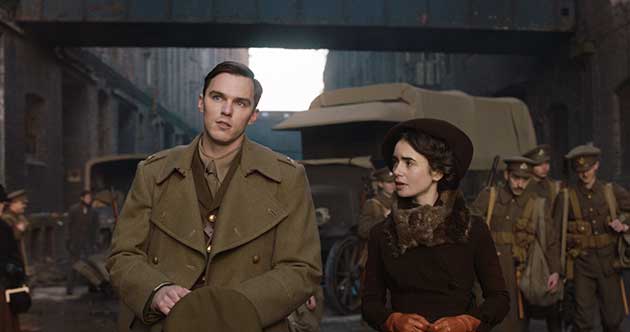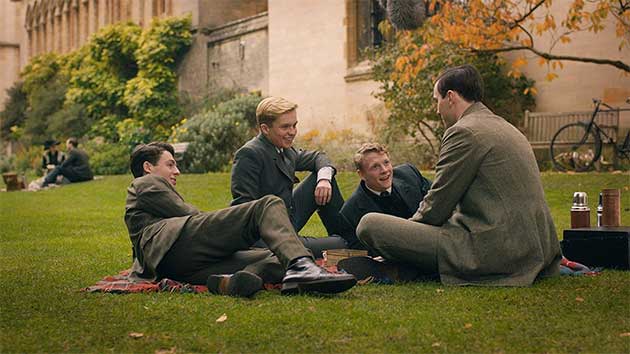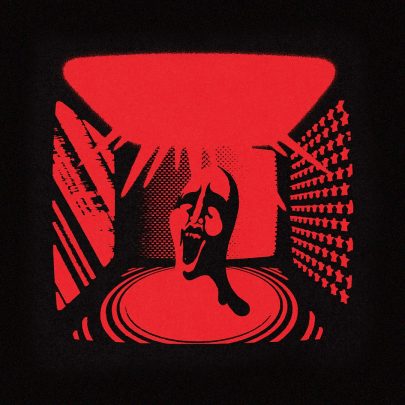Jun 4, 2019 Film & TV
Alex Blackwood finds the new Tolkien biopic not entirely historically accurate – but all the better for it.
Yes, that Tolkien. John Ronald Reuel Tolkien CBE, FRSL, the writer of The Lord Of The Rings, The Hobbit, The Simarillion (etc etc) who we know relatively little about because, unlike J. K. Rowling, he hasn’t graduated to eye-roll status by tweeting too much, due to having the good sense to be dead.
His biopic, starring Nicholas Hoult (Skins, X-Men) and directed by acclaimed Finnish director Dome Karukoski, may not be entirely historically accurate, but the glimpses of Middle Earth, Elvish phrasing, and the shadows of dragon wings find their way into industrial 1920s and 30s England is seamless and captivating. The imagery is consistently smoky, dark and moodily lit. The scenes of Tolkien crawling through the WWI trenches are especially memorable.

The Great War is portrayed with appropriate amounts of horror, death and grit but the movie still finds a way to convey a Tolkiensian sense of fantasy – the mustard gas seeping through the winding path of the trench like a serpent; death (in person) dismounting a white horse to deliver a final blow. It’s certainly a less-than-literal biopic, and I’m sure his estate weren’t worried that people would think Tolkien had seen Sauron in the clouds above a battlefield in France, but something tells me fans of his works will appreciate the nods.
About that – Tolkien’s family and estate have issued a statement acknowledging that they are aware of the movie, but that “they did not approve of, authorise or participate in the making of this film” and that “they do not endorse it or its content in any way”. Nonetheless, fans of Tolkien’s work are worth up to an estimated $500 million a year to New Zealand’s tourism industry. We’re almost as much the world capital of Tolkien as Oxford is, despite the fact he never stepped foot on our shores. And this film, if not accurate to the image that his estate wants to portray of him, captures the sense of the Tolkien that we know through the books he wrote.
The scenes set in Oxford College either side of the war seem almost absurdly rose coloured in comparison to the horror endured in the trenches. In fact, they’re almost a little sickly in their saccharine sentimentality. They’re all such good friends and everyone is so happy and none of their problems really appear to threaten the fun they are having – they even manage to band together and make hangovers and heartbreaks seem golden and holy. Though at the same time, it’s so wholeheartedly positive and shiny that it’s nice to be fooled by.
Nicholas Hoult and co-star Lily Collins (Mirror Mirror, Abduction) who plays Tolkien’s wife, Edith, have more strong brows, good jawlines, wide, innocent eyes and glossy black hair than any realistic couple has a right to have but Hoult has the slightly disoriented, 9 feet tall, awkward, starry-eyed, lost-in-his-own-world academic thing down pat and Collins is equally charming.
The film has a good deal of the mythology, mystery and mischief you’d find in a Peter Jackson adaption of a Tolkien book. Regardless of whether or not it’s true or accurate or even about Tolkien at all, the movie has made it possible to see how his imagination influenced his life. It has a sense of his spirit of wonder, through eyes imagined as his.






